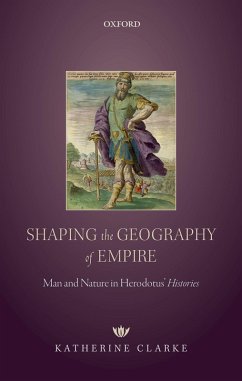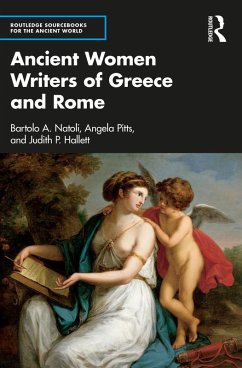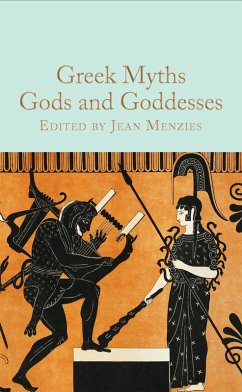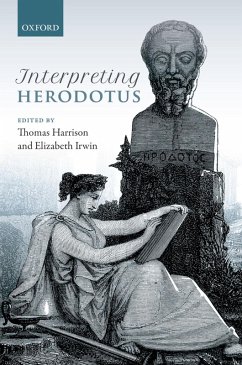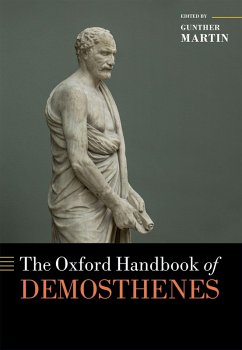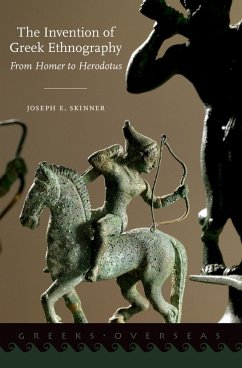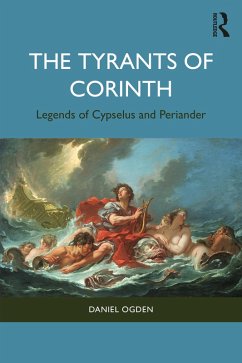
Shaping the Geography of Empire (eBook, ePUB)
Man and Nature in Herodotus' Histories
Versandkostenfrei!
Sofort per Download lieferbar
39,95 €
inkl. MwSt.
Weitere Ausgaben:

PAYBACK Punkte
20 °P sammeln!
This volume explores the spatial framework of Herodotus' Histories, the Greek historian's account of Persian imperialism in the sixth and fifth century BC and its culmination in a series of grand expeditions against Greece itself. Focusing on his presentation of the natural world through careful geographical descriptions, ranging from continents and river and mountain networks on a vast scale down to the local settings for individual episodes, it also examines how these landscapes are charged with greater depth and resonance through Herodotus' use of mythological associations and spatial paral...
This volume explores the spatial framework of Herodotus' Histories, the Greek historian's account of Persian imperialism in the sixth and fifth century BC and its culmination in a series of grand expeditions against Greece itself. Focusing on his presentation of the natural world through careful geographical descriptions, ranging from continents and river and mountain networks on a vast scale down to the local settings for individual episodes, it also examines how these landscapes are charged with greater depth and resonance through Herodotus' use of mythological associations and spatial parallels. Man's interaction with, and alteration of, the physical world of the Histories adds another critical dimension to the meaning given to space in Herodotus' work, as his subjects' own agency serves to transform their geography from a neutral backdrop into a resonant landscape with its own role to play in the narrative, in turn reinforcing the placing of the protagonists along a spectrum of positive or negative characterizations. The Persian imperial bid may thus be seen as a war on nature, no less than on their intended subjects: however, as Herodotus reflects, Greece itself is waiting in the wings with the potential to be no less abusive an imperial power. Although the multi-vocal nature of the narrative complicates whether we can identify a 'Herodotean' world at all, still less one in which moral judgements are consistently cast, the fluid and complex web of spatial relationships revealed in discussion nevertheless allows focalization to be brought productively into play, demonstrating how the world of the Histories may be viewed from multiple perspectives. What emerges from the multiple worlds and world-views that Herodotus creates in his narrative is the mutability of fortune that allows successive imperial powers to dominate: as the exercise of political power is manifested both metaphorically and literally through control over the natural world, the map of imperial geography is constantly in flux.
Dieser Download kann aus rechtlichen Gründen nur mit Rechnungsadresse in A, B, BG, CY, CZ, D, DK, EW, E, FIN, F, GR, HR, H, IRL, I, LT, L, LR, M, NL, PL, P, R, S, SLO, SK ausgeliefert werden.




